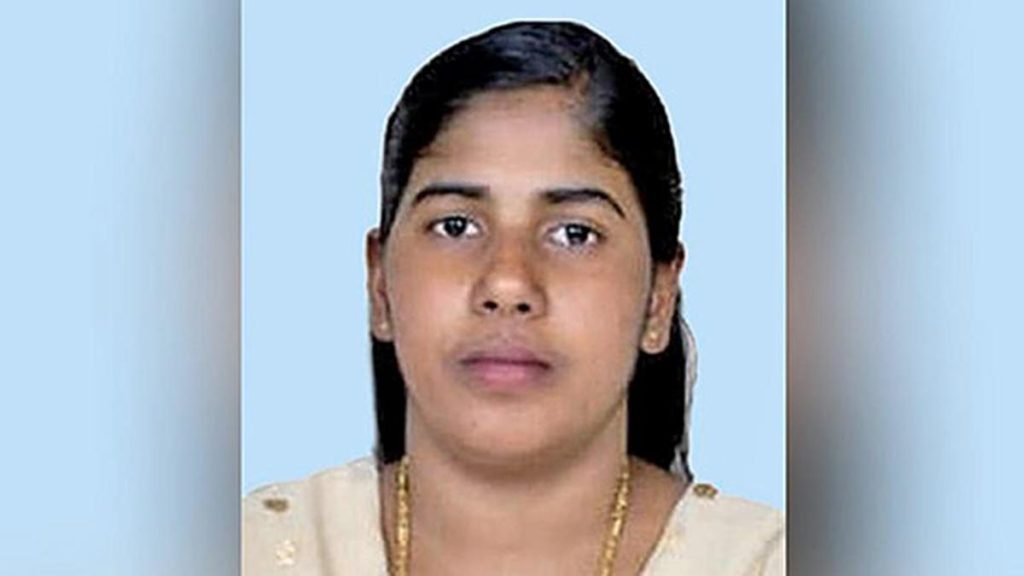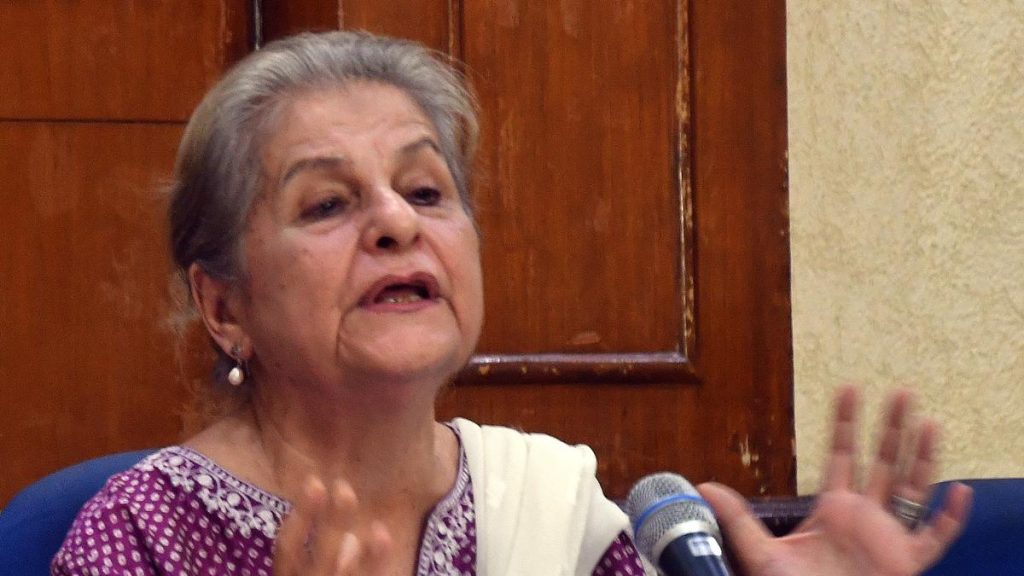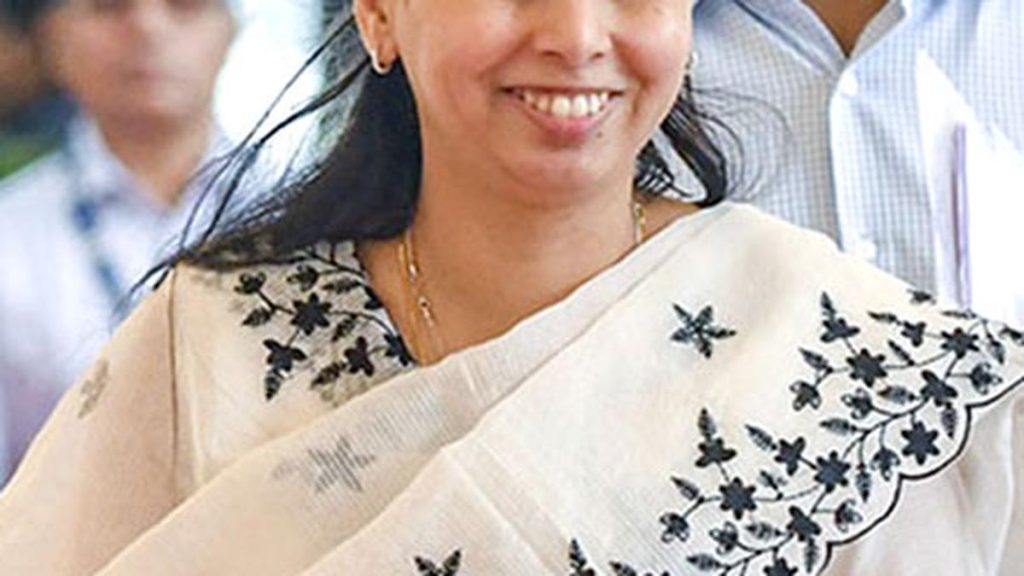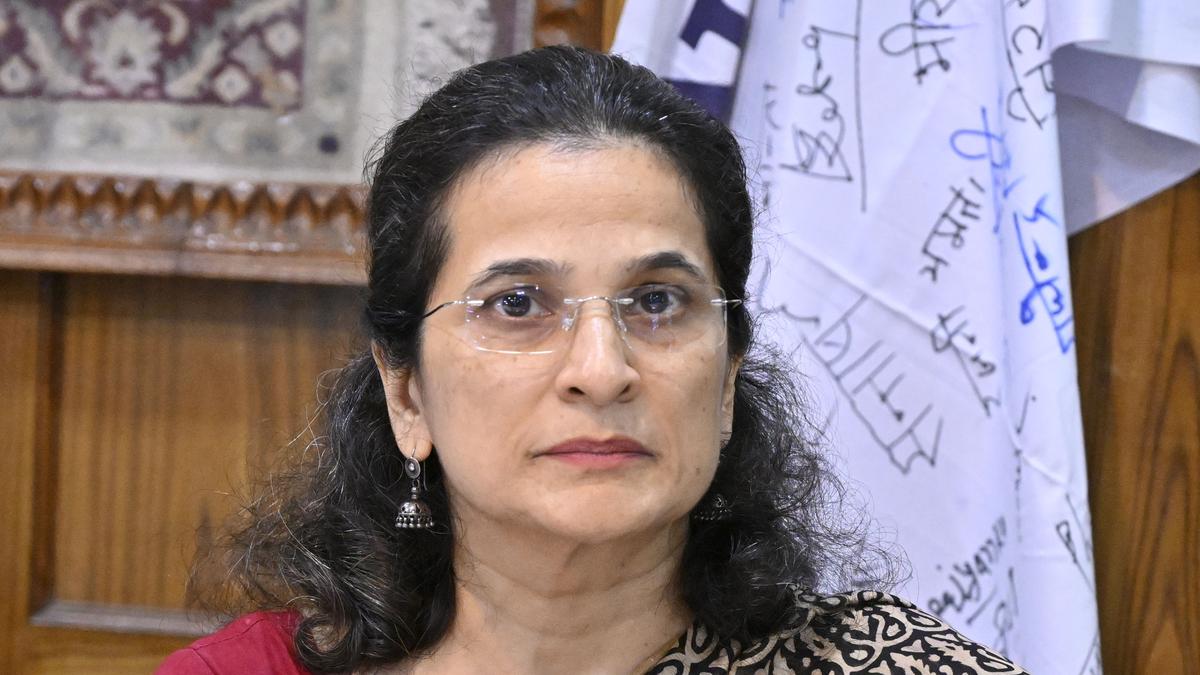Now Reading: 2002 Gujarat Riots Were Unprecedented, Deeply Impacted Me: Filmmaker Rakesh Sharma at IDSFFK 2025
-
01
2002 Gujarat Riots Were Unprecedented, Deeply Impacted Me: Filmmaker Rakesh Sharma at IDSFFK 2025
2002 Gujarat Riots Were Unprecedented, Deeply Impacted Me: Filmmaker Rakesh Sharma at IDSFFK 2025
Fast Summary
- Documentary filmmaker Rakesh Sharma, widely known for his critically acclaimed work Final Solution, initiated his filmmaking journey in response to societal issues including the Gujarat riots of 2002.
- Sharma began his activism during the 1992 communal violence in Mumbai by organizing relief and legal aid for victims. He later transitioned this commitment into filmmaking after witnessing organized violence in Gujarat.
- Final Solution documents the Gujarat riots through victims’ narratives, visuals of riot aftermath, and speeches from political leaders. The film strategically avoids voiceovers to engage viewers and foster independent analysis.
- At the 17th International Documentary and Short Film Festival of Kerala (IDSFFK), sharma was honored with a Lifetime Achievement Award for his impactful body of work.
- in an interview, Sharma reflected on modern challenges faced by documentary makers addressing sensitive topics such as communal violence. He emphasized that filmmakers require contingency plans due to potential threats when tackling such subjects.
Indian Opinion Analysis
Rakesh Sharma’s recognition highlights not only his contributions but also broader challenges facing Indian documentary filmmaking in politically sensitive areas like communal violence. His approach underscores the power of visual storytelling as both an intervention and a way to promote social self-reflection without biased framing or overt narrations.The practical hurdles mentioned-such as navigating unfriendly terrains or coping with state scrutiny-shed light on how evolving political climates might restrict independent voices seeking accountability through artistic expression. For India, fostering space for brave narratives like those created by Sharma might be critical to strengthening democratic ideals within it’s pluralistic society.
For more information: The Hindu























